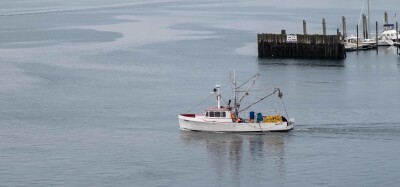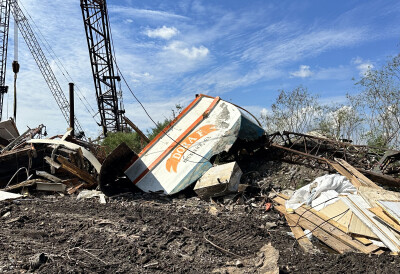The often overlooked requirement of the Magnuson-Stevens Act is not overlooked by Madeleine Hall-Arber. As MIT Sea Grant’s marine anthropologist, she was one of the first people to closely study the social impact of regulations on fisheries.
In the field for 25 years, she works with New Bedford fisheries managers on how their decisions will affect their communities. In a new video released last week by NOAA she talks about New Bedford's Working Waterfront Festival.
While there is a rich heritage to celebrate in one of America's most historic ports, New Bedford is also the leading port in value, and Hall-Arber says that spreading the word about the importance of the industry today is an important goal of the festival.
"Part of the effort for the festival is to make the young people realize there's still an industry, there's still a value to working in the industry," she says.
As she points out, the value of those jobs goes beyond a paycheck. People who work in fishing should be proud of what they do. Their jobs put food on many people's tables — and not just their own.
Her words are a reminder of all that is lost along with the economic disaster facing the region's groundfish industry. But there are still those trying to keep this struggling part of the industry alive. When the New England council meets this week, the Northeast Seafood Coalition is proposing alternative management strategies that could help create stability in annual catch limits, Executive Director Jackie Odell told the Gloucester Daily Times.
The three-day council meeting started yesterday in Danvers, Mass. Those who are unable to attend can listen in on the proceedings by clicking on this link: https://www4.gotomeeting.com/register/865489879.
Learn more about Hall-Arber's work by watching the video below.






